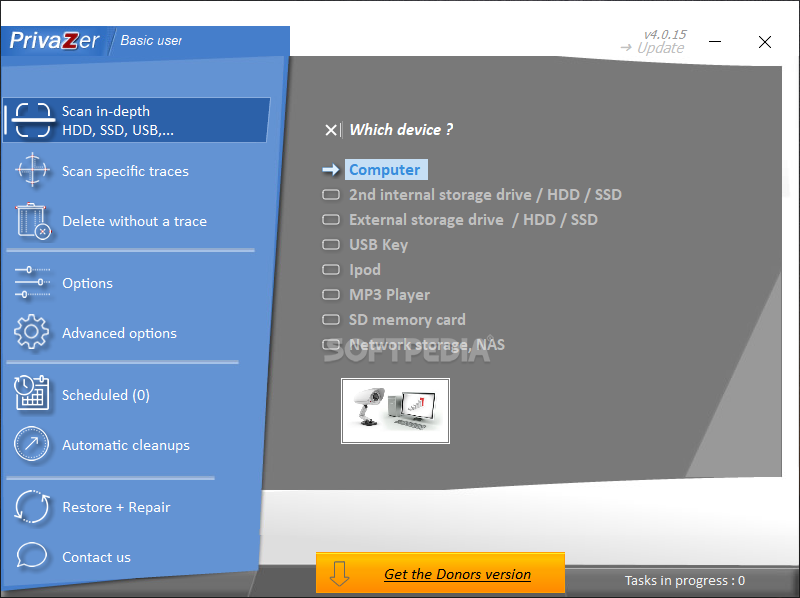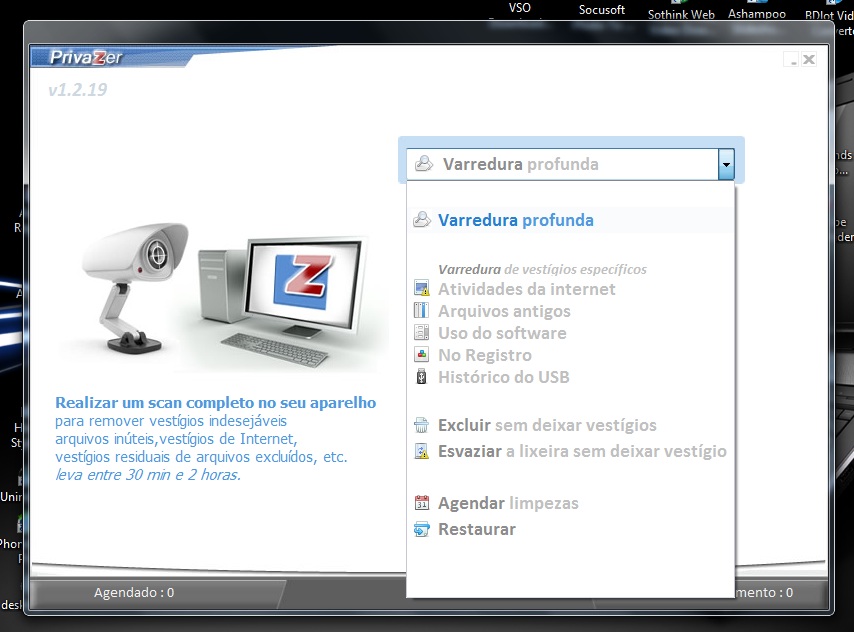

All the ones I've seen require setting them up in advance to block/allow cookies for specific sites and for the user to magically know whether or not a specific cookie is required for a site to function. In fact, I might suggest Malwarebytes create a browser add-on with that functionality as I've never found one. Every major browser includes options to control/block cookies (though IE does it best in my opinion, giving the option to get a prompt when a site wants to create/save a cookie, allowing you to allow it, block it, always allow it, or always block it, similar to how a firewall works). If you don't want to be tracked by cookies you have to block them. This is why I never bought into the idea of detecting cookies in scans (and why I am glad that Malwarebytes never adopted a policy of targeting them/removing them). Cleaning up after the fact isn't going to protect you all that much. Web browsers and applications already do a ton of live call back to home base and report on all sorts of varying amounts of information as to what you're doing with your computer. If you're doing something illegal then sooner or later with or without these tools you're quite likely to get caught.

I suppose it matters what you think you're going to achieve by these clean up tools. You'd need to decide yourself if you still want or believe you need the program


Unless I'm mistaken, I'm not aware of Microsoft releasing the file structure of those files (though I suppose it's possible to reverse engineer them) so editing them is not supported from Microsoft either.ĬCleaner has had various complaints on the Web since Avast took them over. Opening and or editing the pagefile and hibernation file would also seem risky. Without a lot of analysis I'd say it seems risky.


 0 kommentar(er)
0 kommentar(er)
